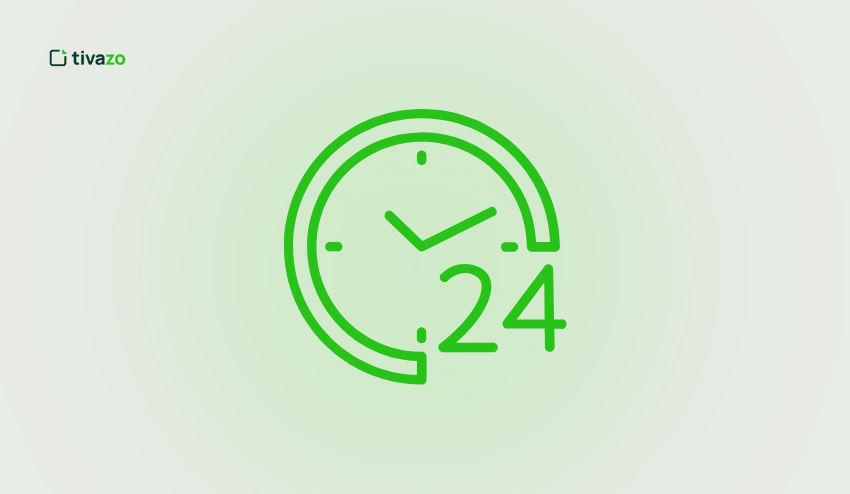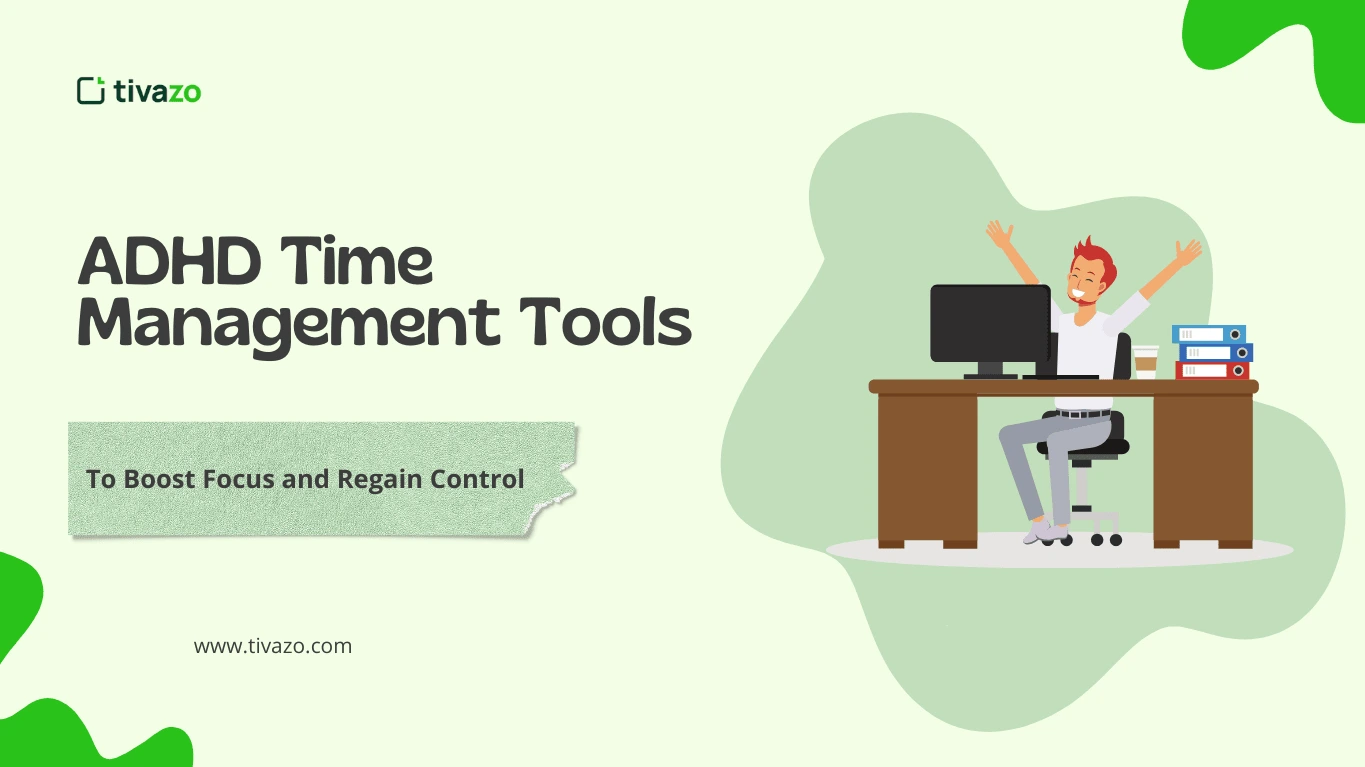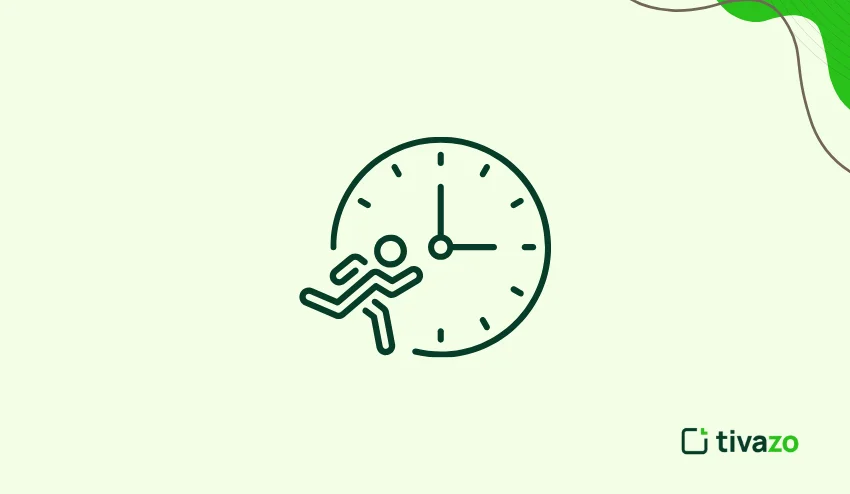Honestly, being a student these days can feel like you have to do a million things at once. Because of schoolwork, tests, sports, and social obligations, it may seem like time is a limited resource. But don’t be concerned! If you use some smart time management tips to keep track of your schedule, you can still do the things you want to do.
No matter how busy life gets, these helpful tips can help you get everything done and make the most of your time.
Set up a Flexible Schedule with Smart Time Management
You need a clear and well-organized schedule to make the most of your time. Use a planner, a digital calendar, or a time management tool to keep track of your classes, homework, due dates, and other responsibilities.
Think about breaking your day up into smaller chunks of time so you can fit in breaks and unexpected activities. If something goes wrong, you can quickly change things around.
Sometimes your schedule looks perfect on paper, but unexpected tasks or fatigue make it hard to keep up, and you end up thinking, “I really need someone to do my homework for me so I can get back on track.” Turning to reliable help from professionals can assist with any assignment, giving you the freedom to adjust your schedule without falling behind.
Make a list of the most important things you need to do
Not all chores are the same. Some people need to pay more attention and work harder than others. Make a list of the things that are most important or need to be done right away.
Look at the Eisenhower Matrix:
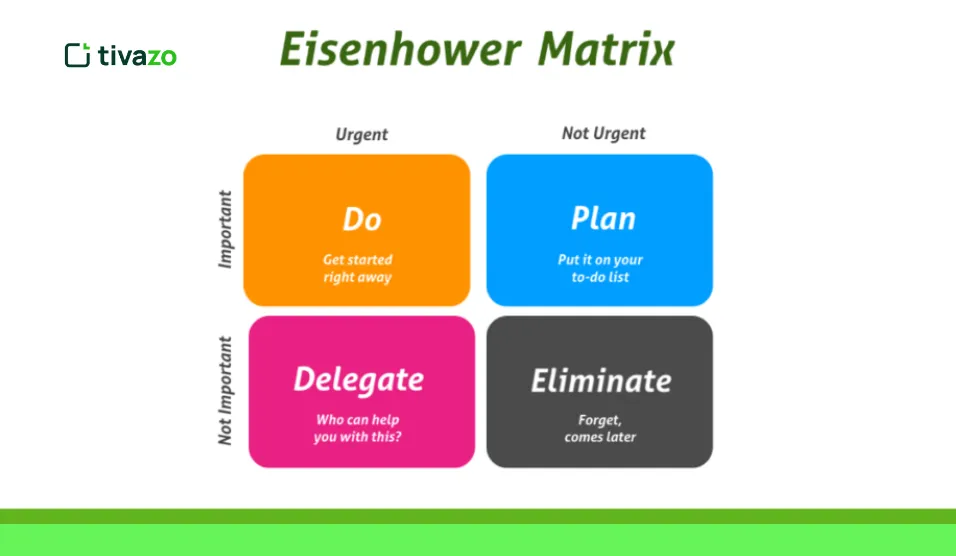
- Do these first because they are important and urgent.
- They aren’t urgent, but they are very important, so make time for them.
- If you can, give these to someone else. They are important, but not right now.
- Not Important and Not Urgent: Think about how important these tasks are.
This plan helps you stay on track with the right things at the right times.
Break up big tasks into smaller ones
Are you feeling overworked because of a big project or task? Break it down into smaller, more manageable pieces. Not only will crossing things off make the process less stressful, but it will also give you a sense of accomplishment.
For instance, you could break “Write a 10-page research paper” down into these parts:
- The study’s topic
- Write an outline.
- Start with an introduction.
- Write each part separately.
- Edit and change
It seems easier to handle big jobs when you break them up into smaller ones.
Use the Pomodoro method
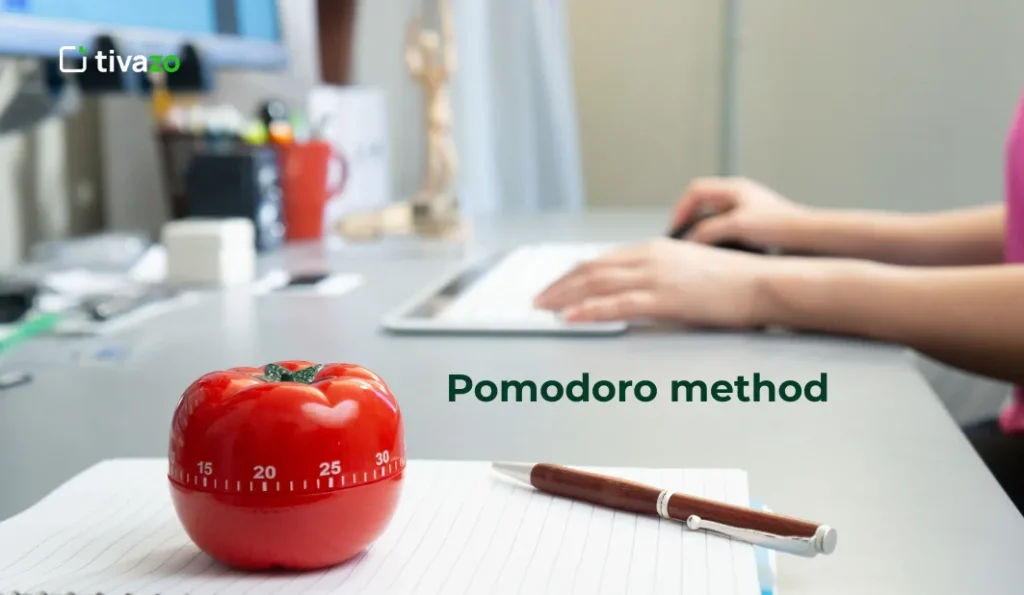
When you’re studying or doing homework, it can be hard to stay focused for a long time. You can stay focused quickly and easily with the Pomodoro Technique. After working for twenty-five minutes, take a five-minute break. After four Pomodoros, take a longer break of 15 to 30 minutes.
This plan helps you get more done by breaking up your work into smaller parts and letting your brain rest.
The Pomodoro method also helps you pay more attention to how you spend your time. You can see which tasks take longer and which ones you tend to put off by keeping track of each session. This helps you stay focused and builds discipline over time. You can even use browser extensions or timer apps to help you follow the method. The most important thing is to think of each Pomodoro as a short, focused sprint. Focus on the task, then take a short break without feeling bad about it.
Learn how to say “no”
You can’t do everything all the time. It’s important to know what you can and can’t do, whether you’re helping a friend with a project or joining a new group. Saying no isn’t a bad thing; it’s a way to protect your time and mental health. Be honest about your schedule and focus on the things that will help you achieve your goals.
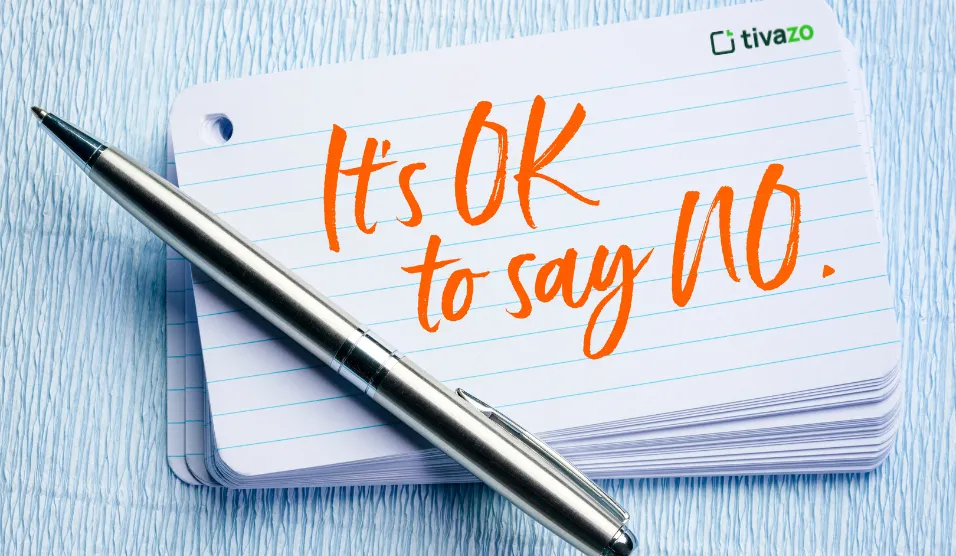
You could say something like, “I’d love to help, but I have too much to do right now.” This is a polite but firm way to say no. We should wait until later to do this.
Learning how to say “no” also helps you set good limits. Others will respect your limits if you do. You’re not being selfish; you’re just putting the things that are most important to you first and doing your best to keep the promises you’ve already made. Saying no thoughtfully will help you feel more in control, less stressed, and happier with how you spend your time over time.
Make plans
Your brain works better when you have routines. Your brain knows what to expect when you stick to a plan. This allows it to work on its own and save energy for more important things.
Think about setting up routines for:
- Before class, you should study or work out for a little while in the morning.
- In the evening, go over what you learned that day or study for 15 minutes.
Routines can help you get in the mood to work faster.
Keep your computer and your home in order
When there is too much stuff around, your brain might also feel cluttered. Keeping your study area neat and tidy might help you concentrate better. This is also true for your online life: organize your emails, files, and notes.
Use apps like Notion or Google Drive to keep your stuff organized and easy to find. A little digital organization can help a lot when you have a lot to do at once.
A clean and organized space can also help you be more creative and motivated. When your space is clean, it’s easier to stay on task and feel in charge of what you have to do. When your desk is neat, you can think more clearly. When your digital space is organized, you can find important documents or notes faster.
Set aside a few minutes each day to go through your papers, clean up your study area, or get rid of files you don’t need. You could even make simple folders or color-coded labels to help you stay organized. These little habits will not only make your life easier over time, but they will also help you relax and get more done.
Get rid of things that keep you from focusing
Distraction is one of the worst things you can do with your time, especially now that social media and constant notifications are so common. If you need to focus and get rid of any possible distractions, do the following:
- turning off the alerts on the phone.
- using apps like Forest or Focus Will that stop you from going to sites that might distract you?
- setting aside certain “study hours” when you aren’t online and are completely focused on your work.
When there are fewer distractions, you might be able to get more done in less time.
Take care of your health

It makes you more productive to take a break and let your body and mind heal on their own. Make sure to:
- You should sleep for 7 to 9 hours every night to do your best.
- Do some exercise every day. A short walk of 15 minutes could help you relax and feel less stressed.
- Eat well: A balanced diet will help you stay focused and give you more energy throughout the day.
If you take better care of yourself, you will be able to focus and get more done.
Always look and change
You can’t plan your time the same way for everyone. You should check your progress often and change your plan if you need to. Did a certain plan work? Or should you change things up?
Tip: At the end of each week, spend five to ten minutes looking over your calendar to see what works. Make changes to your weekly plan as needed.
Being able to change your plans helps you stay realistic and keeps you from getting too stressed. Things that you didn’t expect to happen, like extra homework, group projects, or personal plans, can happen. That’s totally normal. Don’t get mad; instead, use these times to change your priorities and find a better balance.
This habit of reviewing and changing things will help you understand how you work, use your energy more wisely, and create a routine that works for you over time.
Finding Balance as a Busy Student
These smart tips might help you get more done and feel less stressed out as a busy student, even though you need to work on your time management skills. Ultimately, it’s all about finding what works for you. If you make a list of your tasks, plan ahead, and take care of yourself, you can keep up with your responsibilities and still have time to have fun.
Setting goals that are realistic is another important part of finding balance. Don’t try to do everything at once. Instead, focus on what’s most important and break big tasks down into smaller ones. This way, you’ll feel like you’re making progress every day and won’t get burned out. It’s okay to say no sometimes. Putting your health first will help you stay motivated and productive in the long run.

